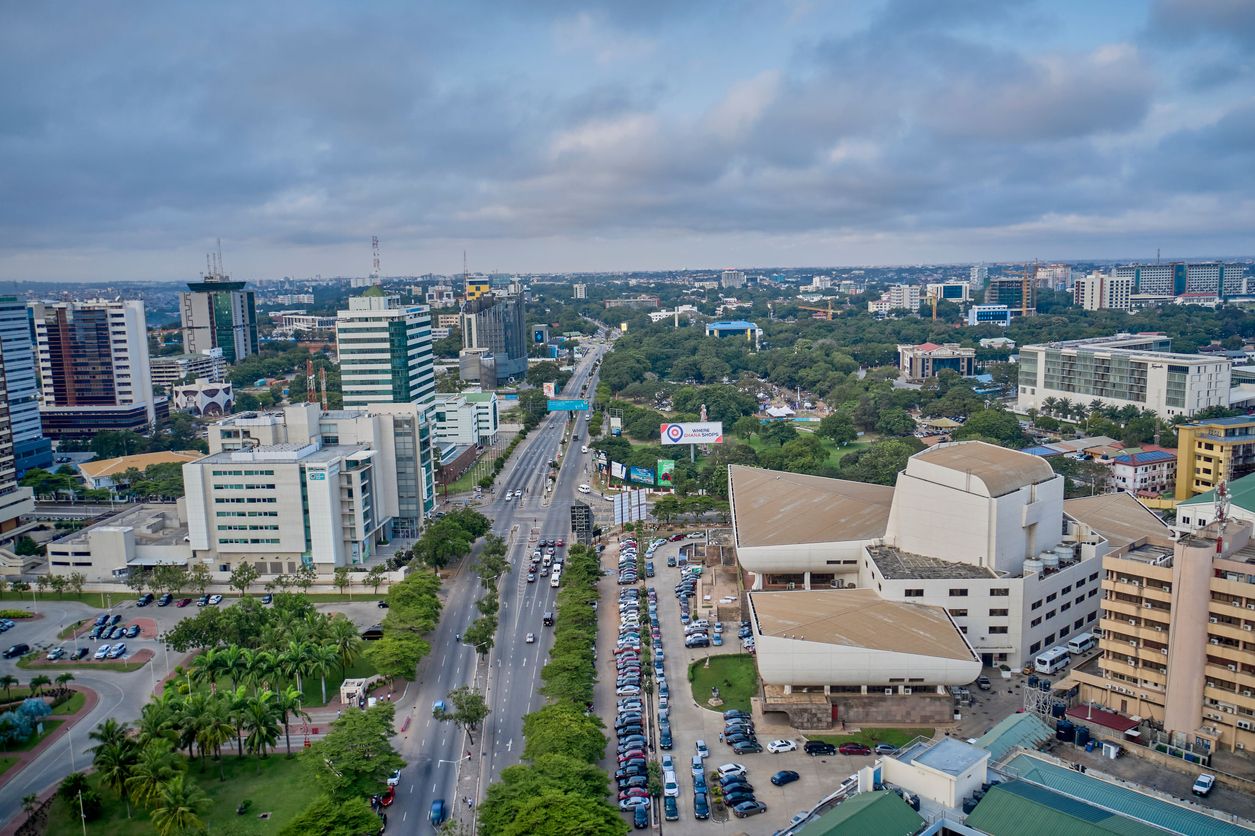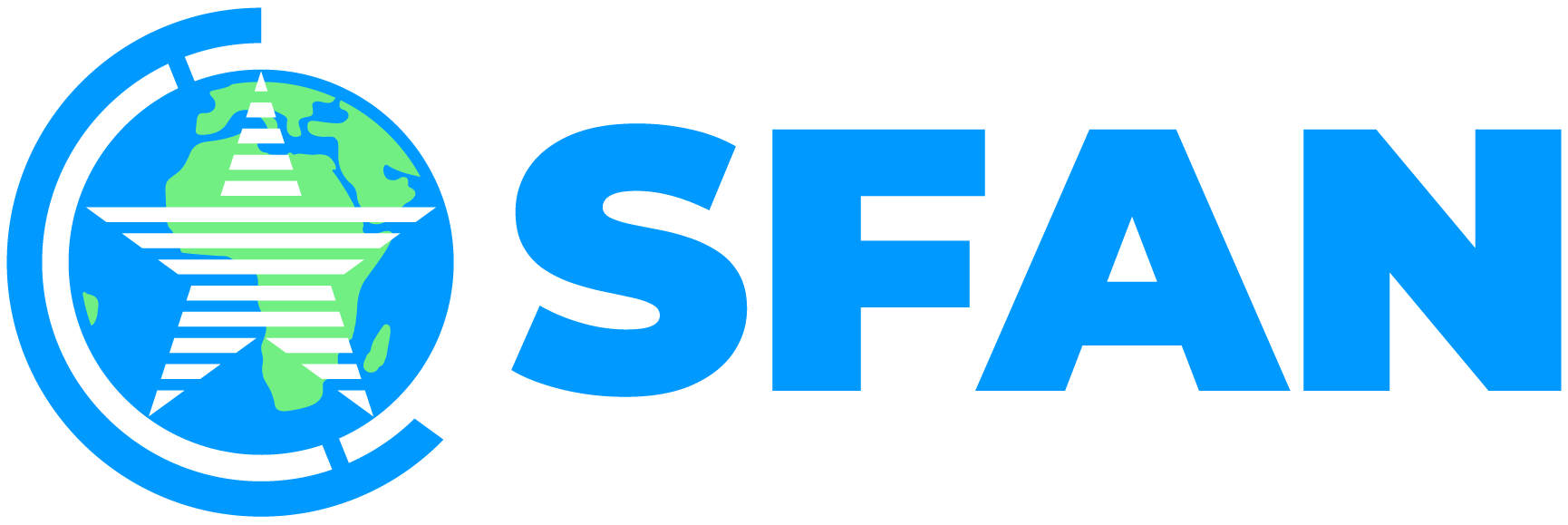Future of Entrepreneurship in Ghana: My Predictions for the New Year
by Tom-Chris Emewulu · Business advice
Mon, 10 Dec 2018 · 3 minute read
Share

The future of entrepreneurship in Ghana looks bright, thanks to innovators and ecosystem enablers working tirelessly to create lasting change. As we round off one of the best years in Ghana’s entrepreneurship ecosystem, I want to share some predictions for 2019.
TL;DR: Startup funding will triple, new startup clusters will emerge, and Ghana will be a hotbed for FDI.
Last year, I predicted that the Ghanaian entrepreneurship ecosystem would see incremental growth from this year. Well, true to that prediction, the ecosystem has, indeed, flourished. There have been remarkable projects like Google’s AI center, the U.S-Ghana Business Forum, Vice Chancellor Merkel’s visit, Germany Ghana Investors Forum, UK-Ghana Investment Summit, the inaugural Student Entrepreneurship Week, Euromoney Conference, Prince Charle’s visit, etc.
From increased funding to new startup clusters to foreign direct investment, below are my predictions on the future of entrepreneurship in Ghana.
Spike In Funding Trend: Startup Funding Will 3x
Startups in Ghana raised about $20.4M in 2017, an improvement from the $8.67M raised the previous year. As of January 2018, Disrupt Africa's Tech Startups Funding Report recorded that startups in Ghana had already raised $22.3 million. By the end of December 2018, interest in funding Ghanaian startups may have increased by more than 150% from last year.
With this in mind, I predict the startup funding revolution will continue to unwind. I think there will be three times more investment in Ghana’s tech ecosystem in 2019. Unsurprisingly, we shall see more interest in fintech, followed by eCommerce (eCommerce could reach a growth margin of 56% by 2020) and agri-tech.
Also, with the increasing need to disrupt Africa's education systems, I foresee a spike in education funding by 2019.
Beyond Silicon Accra: Emergence of New Startup Clusters
Three major players make up every functional entrepreneurship ecosystem:
- Entrepreneurs,
- Investors, and
- Enablers (tech hubs, universities, corporates, and the government).
I believe the future of entrepreneurship in Ghana will be beyond Accra.
For a very long time, and often to the concern of various stakeholders, many activities, innovations, and concentrations of the players in Ghana’s entrepreneurship space have been in Accra.
In fact, most startups that raised funding in Ghana this year work in or from Accra. Furthermore, most events in Ghana’s entrepreneurship space happen here in Accra.
However, there has been a progressive dialogue on the need to decongest the metropolitan city to equally distribute these opportunities across the country.
On that footnote, I predict that from 2019, we shall see a sprout of startup clusters elsewhere like Kumasi, Tamale, and Takoradi. I think that Kumasi is prime for a considerable amount of the action.
Hapa Space and Kumasi Hive - two active hubs in Kumasi - are already laying the bricks through partnerships with institutions like the British Council, The Indigo Trust, and Deutsche Gesellschaft für Internationale Zusammenarbeit.
Tamale is known for its clean air, and good road network, and is only 618.22 km from Accra. These are some of the merits of “peace of mind” for entrepreneurs seeking to escape the high cost of living and traffic congestion in Accra.
A Hotbed for FDI and Increased Multi-stakeholder Collaborations
With Nigeria going into a definitive Presidential election, I foresee that Ghana will be a considerable focus of many foreign direct investments in West Africa in the New Year. According to provisional figures that were put forward by the Ghana Investment Promotion Centre, Foreign Direct Investments for Ghana from January to September have hit 1.3 billion U.S. dollars.
The IMF records that Ghana experienced a 6.3% economic growth in 2018 and is among the top ten fastest-growing economies on the continent. On the heels of Chancellor Merkel’s visit in August, three German companies, Volkswagen, Robert Bosch Packaging Technology, and GmbH & Co. KG, signed Memoranda of Understanding (MoU) with Ghana to invest in economic transforming projects such as energy, health, and automobile. Nissan was also reported to have signed a MoU to work with the Ghanaian government to set up an automotive manufacturing industry in the country.
The notorious shake-up in the banking sector and consistent fluctuations in the exchange rate left some investors uncertain about the future of entrepreneurship in Ghana. But, I think Ghana will see more international economic transactions and increased multi-stakeholder collaboration in 2019. The Ministry of Finance and GIPC's recent Accra Impact Investment Fair appears to be the beginning of such collaborations to drive transformation.
Conclusion
The future of entrepreneurship in Ghana is very bright. It's no surprise that President Akufo-Addo declared 2019 as 'The Year of Return for Diasporans'.
Indeed, in 2019, Ghana will attract millions of African descendants seeking to connect with their roots and heritage and become a focal point for development leaders and investors from around the globe.
And we at SFAN are here to develop entry-level talents to power this economic buzz! Visit ReadyforWork for all the details.

